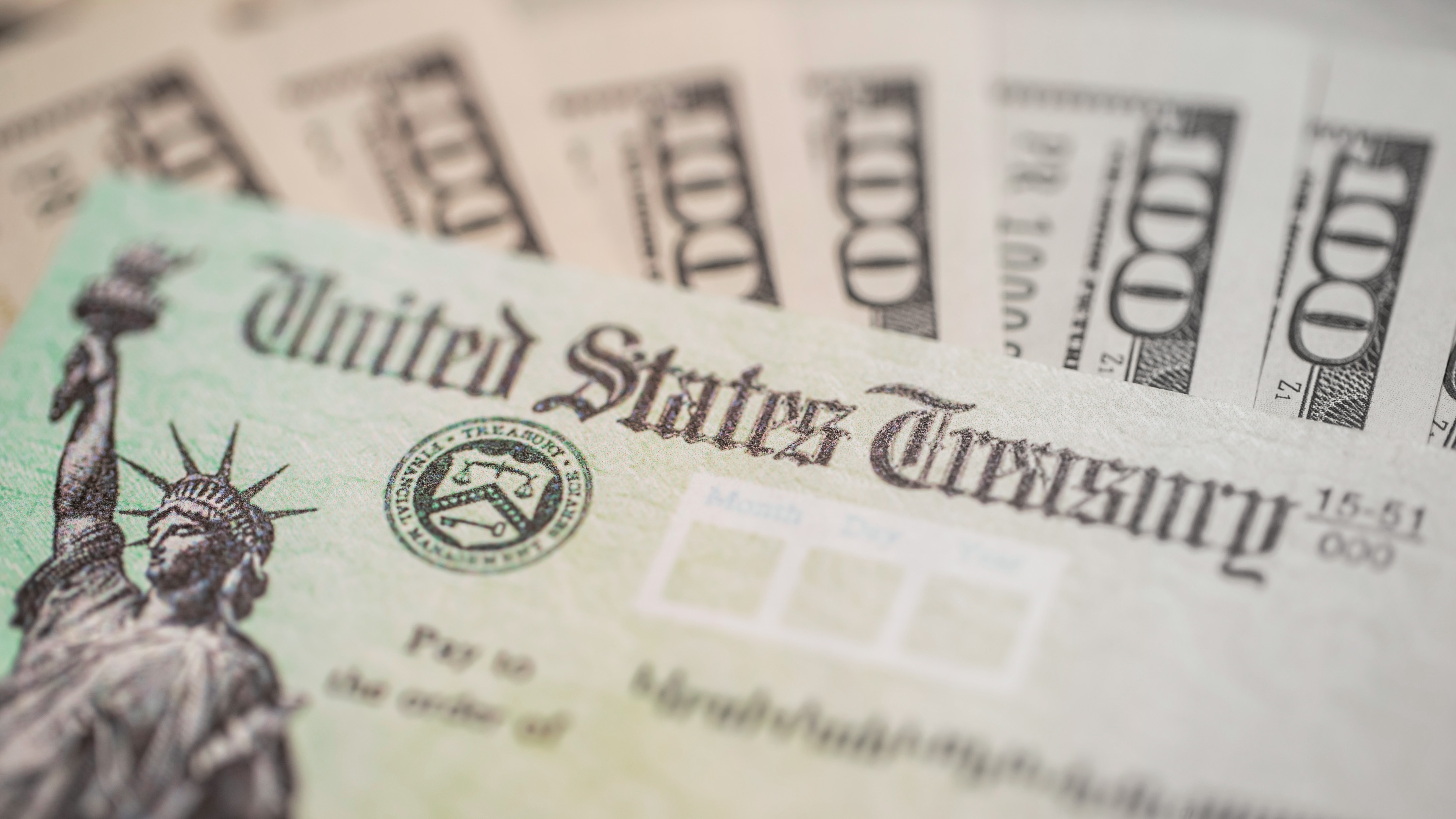Unemployment insurance usually lasts 26 weeks in the US, but Congress sometimes extends the benefits during especially bad economic times—usually after debate. A study co-directed by MIT economist Jonathan Gruber says making this automatic under certain conditions, such as significant rises in the jobless rate, would offer security to workers without adding costs.
The researchers, who used Bureau of Labor Statistics data to simulate each state’s labor market from 1996 to 2019, modeled the outcomes that would result from various policies. Overall, the size of the benefits (and hence the expenditures) that the model produced was very close to what Congress approved in the wake of recessions.
“The advantage of automatic triggers is you resolve uncertainty,” Gruber says, “and it wouldn’t actually cost much more than the existing system because Congress extends benefits anyway.” But making such a policy law might require a change in the way the Congressional Budget Office evaluates the cost of taking that step.
Don’t settle for half the story.
Get paywall-free access to technology news for the here and now.
